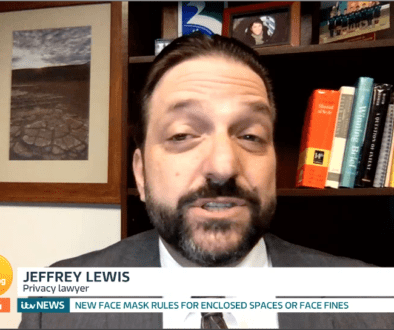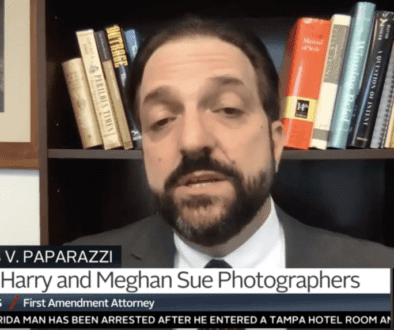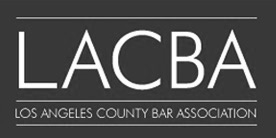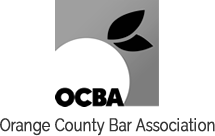Establishing the “Favorable Termination” Element of a Malicious Prosecution claim
The complex tort of malicious prosecution is frequently threatened yet rarely fully understood. One of the trickier elements to establish is a “favorable termination” of the prior action. Just because you won the prior lawsuit does not necessarily mean that California courts will recognize the victory as “favorable.”
A defendant’s trial victory establishes a favorable termination. Other modes of terminating a case are less clear. In looking at the prior action, the courts are concerned with whether the prior termination was a result of the assessment by a court or the prior plaintiff that the prior defendant was innocent.
Non-substantive victories. “Technical” or “procedural” victories are not “favorable” for purposes of a malicious prosecution action. Examples of such technical victories are dismissals arising from 1) statute of limitations; 2) settlement; 3) laches; 4) lack of jurisdiction; 5) mootness; 6) lack of standing; 7) res judicata; and 8) ripeness. (JSJ Ltd. Partnership v. Mehrban (2012) 205 Cal.App.4th 1512, 1525). Such victories are considered non-substantive because they do not reflect a determination by the court or the prior plaintiff that the prior defendant was innocent of the alleged misconduct.
Close Situations. Some situations require a closer, fact based evaluation to decide whether the prior victory was favorable. For example, in Zeavin v. Lee (1982) 136 Cal.App.3d 766, 773, a case that ended due to terminating discovery sanctions, would not be deemed a “favorable” termination for purposes of a later malicious prosecution action against the prior plaintiff’s attorney. The prior plaintiff had not cooperated with discovery and that could not be attributed to the attorney. However, where the failure to respond to discovery results in terminating sanctions and appears to be an acknowledgement by prior plaintiff that prior claims lack merit, the courts will recognize such a termination as favorable. Ross v. Kish (2006) 145 Cal.App.4th 188, 201.
Substantive victories. A dismissal obtained by application of the parol evidence rule is considered substantive because it necessarily affects the merits of the prior action. Casa Herrera, Inc. v. Beydoun (2004) 32 Cal.4th 336, 345. A dismissal for failure to prosecute is, under most circumstances, substantive. Minasian v. Sapse (1978) 80 Cal.App.3d 823, 828. A prior action that terminates following judicial arbitration is considered substantive. Stanley v. Superior Court (1982) 130 Cal.App.3d 460, 465. Note that a prior action that terminates in contractual arbitration is not substantive. Brennan v. Tremco Inc. (2001) 25 Cal.4th 310, 317.
This post is the second in a series of posts on the tort of malicious prosecution. Jeffrey Lewis represented the prevailing parties in the malicious prosecution case of Videotape Plus, Inc. v. Lyons (2001) 89 Cal.App.4th 156. Jeffrey Lewis and the other attorneys at Broedlow Lewis LLP are experienced litigators and can advise you about your potential rights and defenses in a malicious prosecution action. Each case is different and you should consult a lawyer rather than relying on this post as legal advice for your situation.








